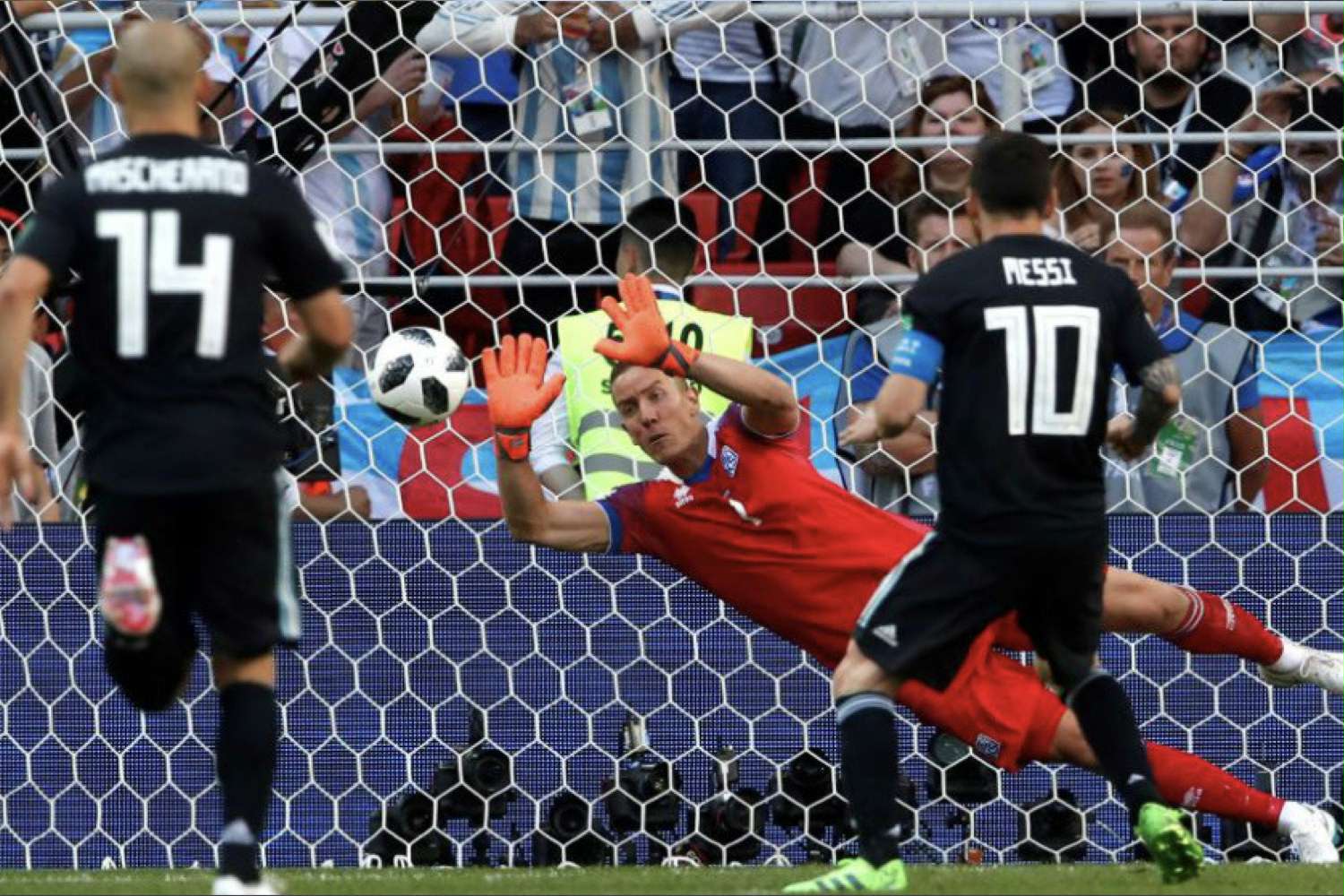Social statements make Nordic films stand out at Locarno

The Scandinavian and Icelandic films shown this year in Locarno have the most exotic cinematography of the festival, with advances on issues of gender, the environment and ethics.
Three Nordic films have made it into the Locarno Film Festival’s official selection this year: an action comedy and two documentaries. They are quite distinct from one another, but all take a clear stand on current ethical issues.
While the films might not be the most artistic or the most cinematically ambitious movies of the festival, they do stand out in the way they address current social issues and advocate for diversity, integrity and freedom of speech without hiding behind big names or fancy editing tricks.
The action comedy Leynilögga (Cop Secret) by Icelandic director Hannes Thór Halldórsson is the only one competing for the Golden Leopard prize, but two other films are no less relevant. In How to Kill a Cloud, director Tuija Halttunen tells the story of a Finnish scientist who is called to the United Arab Emirates to make rain in the desert. And Evgeniya Ostanina’s Rastorhuev, a Russian-Norwegian co-production, features the life of Russian filmmaker Aleksandr Rastorhuev, who was killed in the Central African Republic in 2018.
A fresh take on action comedies
Leynilögga (Cop Secret) is Halldórsson’s first feature film. However, he is not exactly new to filmmaking, as he has been pursuing the craft alongside his professional football career. He is better known in his home country as the goalkeeper for Valur Reykjavík football club and had to fly back home for a match right after the film’s premiere.

Leynilögga (Cop Secret) follows many of the classic action genre conventions, with twists. A wild car chase in the empty streets of Reykjavík makes for a strange counterpoint to the usual action flicks. The two lead characters, Bússi and Hördur – allegedly the two best cops in town – seem just like any other hero cop duo in the history of cinema, but in this film they are both gay.
While Hördur is entirely comfortable in his pansexual identity, Bússi is struggling to come to terms with his newly discovered sexuality. Hördur claims that these days, “nobody gives a shit” about other people’s sexual preferences. That might be true in a progressive country like Iceland, though it is definitely not a universal truth.
Heteronormativity is still very much a given in many countries, specifically in sectors or professions that are strongly attached to “traditional” masculinity, such as the police force or professional football. The director, however, has proven that diverse representation is possible. While the two hero cops in Leynilögga are gay, the soccer team that is featured in an arena full of fans is a women’s team – and there is nothing unusual about this.
Rain in the desert
The Finnish contribution to the festival, the documentary How to Kill a Cloud, follows Finnish scientist Hannele Korhonen as she is granted $1.5 million for rain enhancement research by the United Arab Emirates (UAE). Her task is to make it rain in the desert by manipulating clouds. But soon her integrity as a scientist starts to clash with the UAE’s nationally focused interests and other ethical concerns.

Director Tuija Halttunen has managed to spin the three years Hannele spent on the project into a documentary that feels like a science fiction drama.
The film could hardly be timelier. Just a few weeks ago, the UAE artificially created a massive downpour to fight off the ongoing heatwave in the country. Military forces did the same thing during the Vietnam War, but with a very different goal: to cause damaging floods. There is now a treaty in place to prevent any military or otherwise hostile use of environmental modification techniques – the Environmental Modification Convention signed and ratified by 78 countries. As the documentary highlights, the UAE is not one of them.
A window to the past
The case of Russian filmmaker Aleksandr Rastorhuev is yet a different story. Rastorhuev was killed in 2018 in the Central African Republic while making a documentary, and he was a well-known critic of Vladimir Putin. The documentary depicts his life using original footage of himself and his team at work, but also fragments from his own films.
The starting point sets the dramatic tone: a screen recording of Evgeniya Ostanina opening up her desktop and starting an instant messaging conversation with Rastorhuev as he set out on what was going to be his last filming trip.

Rastorhuev is portrayed as a free spirit who refused to be restricted by political correctness or by what society deems acceptable. For him, being a filmmaker was “an opportunity to not leave this life without a trace”.
The extent of the documentary’s political message, or as an implicit critique of Russia’s rigid political system, is, however, quite subtle for a film filled with loud statements about justice.

Karin Taglang is a literary critic from Zurich trying to make sense of movies. Instagram/Twitter: @karintaglang

In compliance with the JTI standards
More: SWI swissinfo.ch certified by the Journalism Trust Initiative








You can find an overview of ongoing debates with our journalists here . Please join us!
If you want to start a conversation about a topic raised in this article or want to report factual errors, email us at english@swissinfo.ch.